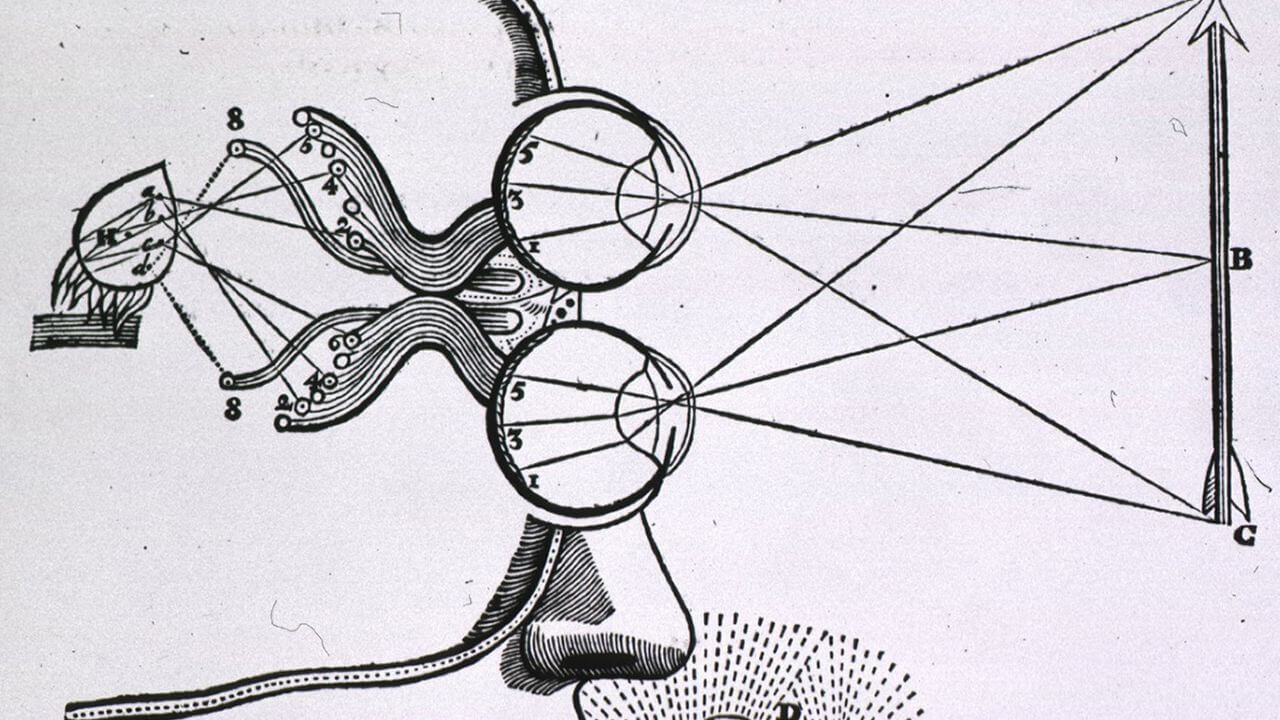Introduction: Who Was René Descartes?
René Descartes (1596–1650) stands as a monumental figure in the history of Western thought. As both a philosopher and mathematician, his work laid the groundwork for modern science, logic, and mathematics. Often hailed as the “Father of Modern Philosophy,” his influence stretches far beyond theoretical musings—today, his inventions and methodologies are integral to the daily mathematical practices of students around the world.
From the structured rigor of H2 Maths in Singapore’s Junior Colleges (JCs) to the analytical requirements of the International Baccalaureate (IB) and the Integrated Programme (IP), Descartes’ legacy is woven deeply into mathematics education. Especially now, when data-driven learning and personalised tuition are becoming mainstream across Asia, his concepts provide the foundation upon which many students build their success.
Early Life and Academic Foundation
René Descartes was born in La Haye en Touraine, France, and educated at the Jesuit Collège Royal Henry-Le-Grand at La Flèche. His studies there emphasized classical education, logic, and Aristotelian philosophy, but it was in mathematics that Descartes found clarity and inspiration.
After university, he travelled Europe and served in the military. During these travels, Descartes began to formulate his major ideas, ultimately turning to writing and scholarship. His exposure to diverse disciplines and cultures contributed to his revolutionary thinking.

His Philosophical Masterpieces
1. Discourse on the Method (1637)
This was Descartes’ first major published work, which introduced his now-iconic phrase: “Cogito, ergo sum” — “I think, therefore I am.”
In this treatise, Descartes proposed a new approach to knowledge, using doubt as a means to discover what is certain. He believed that true understanding must begin with the methodical questioning of assumptions — a practice now foundational in scientific and mathematical reasoning.
2. Meditations on First Philosophy (1641)
This deeper exploration of knowledge, the existence of God, and the nature of the human mind positioned Descartes as a key figure in Enlightenment thought. His work emphasized reason over tradition and questioned accepted doctrines — attitudes that still influence pedagogical practices today.
Descartes’ Mathematical Contributions
🔷 Analytic Geometry
Perhaps Descartes’ most significant contribution to mathematics is analytic geometry — the merger of algebra and geometry. Before Descartes, geometry and algebra were treated as separate domains. His work, La Géométrie, showed how equations could represent curves and vice versa.
This union is what allows today’s students to plot equations on graphs and understand abstract mathematical concepts visually — a cornerstone of modern education from Secondary 3 and 4 Additional Maths to H2 Maths in Singapore JCs.
🔷 Cartesian Coordinate System
This is the tool that allows us to map algebraic equations into visual formats using the familiar x- and y-axes. Now, this system remains foundational in:
- Graph sketching in O-Level and A-Level exams
- Optimization and curve sketching in Calculus
- Real-world applications like data analytics, 3D modeling, and coding
Even students using interactive platforms like Desmos or GeoGebra, which are widely adopted by IP and IB students in Singapore, are relying on Descartes’ system.
🔷 Descartes’ Rule of Signs
This method helps predict the number of positive and negative roots in polynomial equations. It’s especially useful for Secondary and JC students when learning Polynomials and Partial Fractions — a key examination topic.
The Cartesian Legacy in Science and Rationalism
Descartes proposed a mechanistic view of the physical world — that nature operates through predictable, mathematical laws. His ideas paved the way for Isaac Newton’s laws of motion and modern physics.
His insistence on applying logical reasoning and mathematics to understand nature directly contributed to the Scientific Revolution, a mindset mirrored in today’s STEM-focused curricula across Asia.

How Descartes Helps Students in Asia
📌 1. Conceptual Clarity in Problem Solving
Maths tuition centres like Perfect Solution Education Group (www.h2maths.com) emphasize not just rote learning, but logical reasoning — a philosophy inspired by Descartes. Whether it’s solving a differentiation problem or interpreting a data set, students are encouraged to:
- Question the premise
- Break it down logically
- Apply systematic reasoning
📌 2. Visual Learning Tools Based on Analytic Geometry
With tools like interactive whiteboards and digital graphing calculators now standard in tuition settings across Singapore, Descartes’ geometric principles are easier to teach and understand than ever before.
These visuals help students grasp abstract concepts such as:
- Gradient and tangent line problems in calculus
- Loci in Additional Maths
- Linear regression and correlation in IB Math AA & AI
📌 3. Cross-Level Curriculum Relevance
From Secondary to JC, IP, and IB, Descartes’ work forms a continuous learning thread. For instance:
- Secondary students first meet Cartesian graphs when studying linear functions.
- IP and JC students delve into complex applications like integration using Cartesian boundaries.
- IB students explore vector geometry and parametric equations, extensions of Descartes’ coordinate geometry.
📌 4. Personalised 1-to-1 Tuition Aligned with Descartes’ Method
Descartes advocated building knowledge from self-evident truths. At Perfect Solution Education Group, this translates into a teaching model where:
- Tutors guide students step-by-step from fundamentals to advanced problem solving.
- Lessons are customized to student ability, pace, and thinking style — echoing Descartes’ emphasis on clarity and method.
📌 5. Training Students for Real-World Application
Today’s students are preparing for careers in:
- Data Science
- Software Development
- Financial Modelling
- Engineering
All these careers rely on Cartesian thinking — using coordinate systems, algorithms, and logical reasoning. Descartes’ contributions thus remain vital for preparing students not just for exams, but for their futures.
The Importance of Cartesian Thinking in Asian Educational Culture
In many parts of Asia — particularly Singapore, South Korea, Japan, and China — mathematics is not just a subject, but a discipline that symbolizes logic, rigor, and structure.
Descartes’ philosophy mirrors these values. Asian education systems, known for their emphasis on high performance, resonate with:
- Descartes’ structured, step-by-step problem-solving approach
- Emphasis on building foundational understanding before tackling complex problems
- Linking abstract theory with practical application
Tuition centres across Asia, especially in cosmopolitan education hubs like Singapore, are leveraging these principles to support high-achieving students through personalised instruction.

Conclusion: Descartes’ Enduring Relevance
René Descartes passed away in 1650, but his influence continues to guide millions of students now — especially in math-intensive education systems like Singapore’s.
From the coordinate plane that students use to solve equations, to the logical methodologies employed in tuition centres like Perfect Solution Education Group, his legacy lives on.
As students across Asia embrace personalised, inquiry-driven, and technologically enhanced education, Descartes remains not just a historical figure, but a vital influence on how we teach, learn, and apply mathematics today.
Want to Master Cartesian Concepts?
At Perfect Solution Education Group, we help students from Secondary, JC, IB, and IP levels excel in mathematics through:
- 1-to-1 personalised coaching
- Small group intensive tutorials
- Concept-driven, exam-focused training
- Online and in-person hybrid learning
📍Visit www.h2maths.com to explore programmes designed to take your understanding of mathematics — and Descartes’ methods — to the next level.

